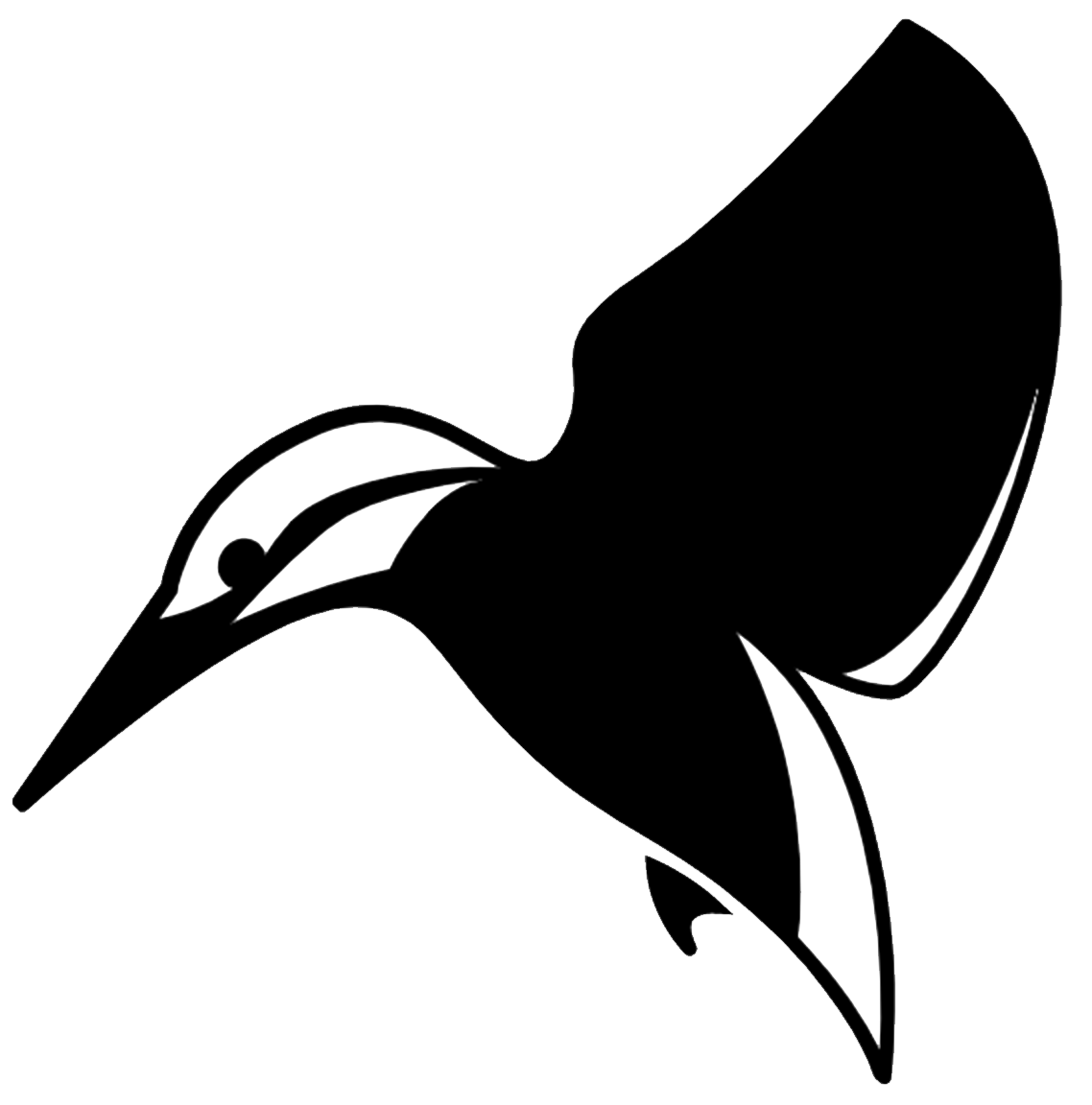Dreams and a Sense of Place
A distinct aspect of Jungian ecopsychology is using dreams to help one connect to a place, be it an inhabited area or a natural environment. The soul needs to be rooted to a place for it to emerge and flourish. Jung said a person was neurotic if not connected to the land, and he attached great importance to our innate ability to connect deeply to the land. A main premise of deep ecology is that we are capable of connecting far more deeply to the land than we are currently doing, what E. O. Wilson described biophilia as an innate love of nature.
Connection to the land is an important foundation for environmentalism, for one who loves the land will not feel forced by a host of rules and regulations to protect and use it in a sustainable way. There are three examples in this web site of how dreams help further a connection to the land or a city. The introduction to "Spirit in the Land" and the last paragraph in "Jung and the Greening of Psychology and Education" present my "meadow dream" that helped re-connect me to Wisconsin's incredible range of natural environments. The last paragraph of Dance, Archetypes and the I Ching contains the "Madison dream" I had before finishing my training at the Jung Institute in Zurich. These two dreams were instrumental in helping my wife and I decide to come to Wisconsin and Madison in particular upon completion of my training . The third dream places the dreamer in glacier country, and my article "The Soul of Glacier Country" is an example of how one would amplify that dream to help connect the dreamer to glacier country. (See Articles)
Such dreams are powerful hints from the unconscious about where the soul will feel grounded and able to develop. One can literally move to the area and/or let the dream work on one by keeping it in mind and amplifying it. Amplifying is done by reading and studying about the area in its many dimensions, which means appreciating the art, literature and poetry associated with it, and most of all, immersing oneself in the area so as to appreciate its contours, textures, smells and changes as it lives you through the seasons. The "Spirit in the Land" program (see Articles) presents an extended example of this process at many different levels, while "The Soul of Glacier Country" focuses on a particular geological area. I describe the process as turning a landscape into a soulscape.
As mentioned in the introduction to my website, the talks I gave at the "Spirit in the Land" seminars became the genesis of the four volumes of The Dairy Farmer's Guide to the Universe--Jung, Hermes, and Ecopsychology. Volume four amplifies natural phenomena from an archetypal and scientific perspective: "An Archetypal view of the Midwest Environment," "Seasons of the Soul," and "Planet of the Insect." "The Soul of Glacier Country" is largely an extract of "An Archetypal View of the Midwest Environment." The final chapter of volume one describes how a Jungian ecopsychology as developed in the book can help "green" our educational system and be used in psychotherapy. Several of the ideas in the book are presented in my article on this web site, "Jung and Greening of Psychology and Education."
